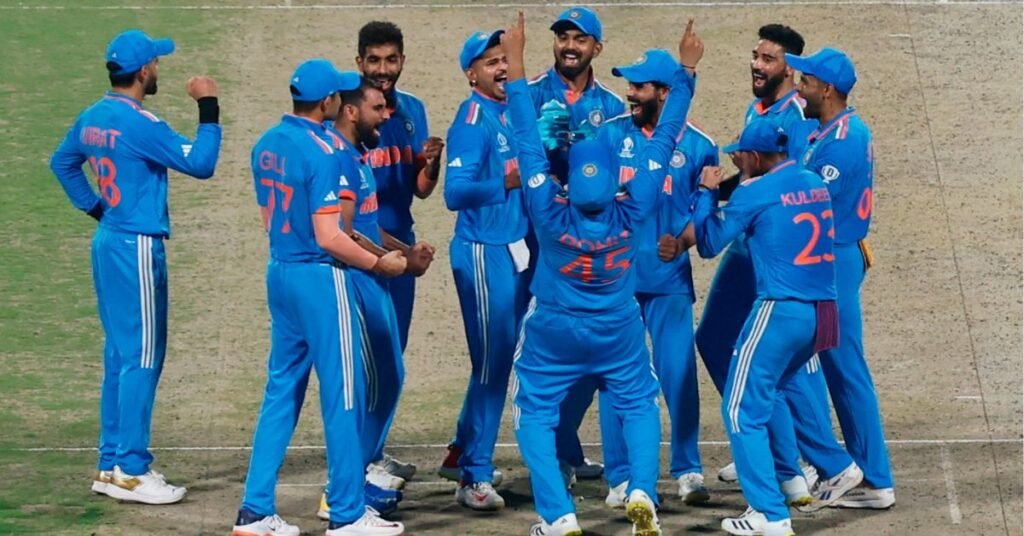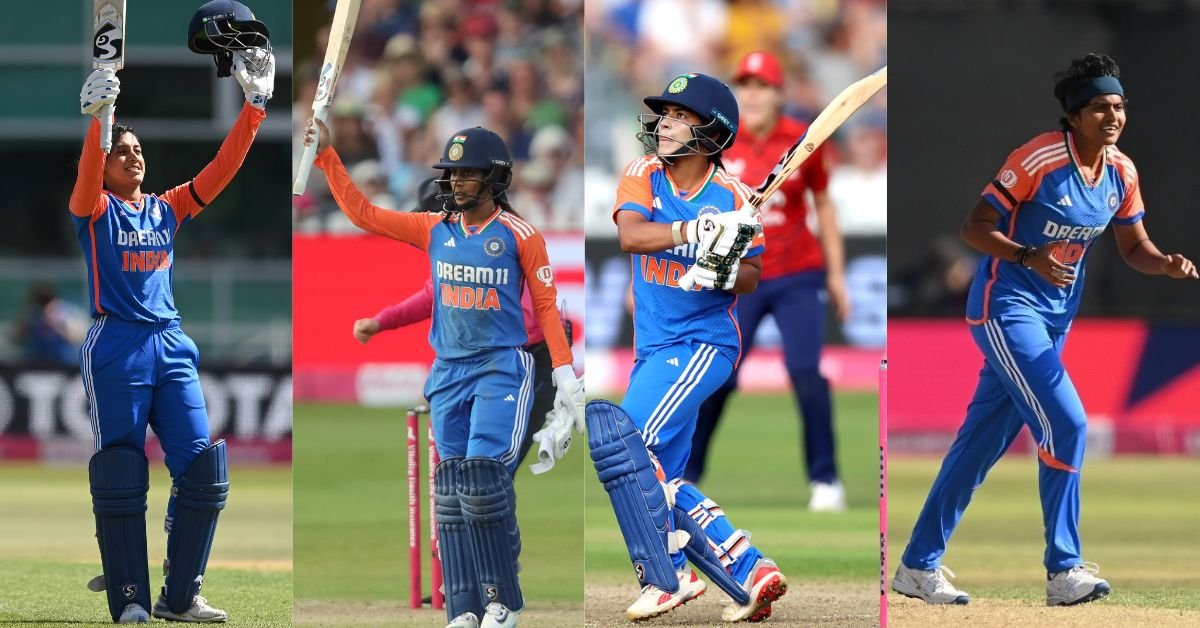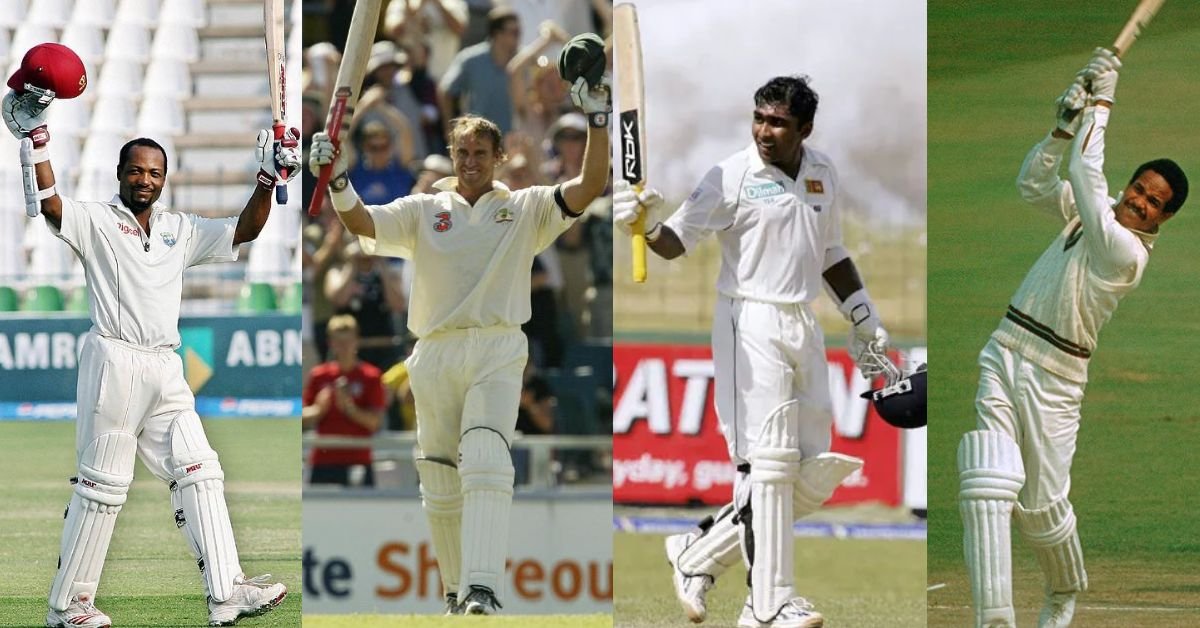Major ICC Rule Change, in which the ICC has made an important and good change in the rule of two balls in men’s One-Day International matches. The International Cricket Council has approved this major change to balance the competition between bat and ball again. In this, the Chief Executive Committee approved this big change and made it official.
This major change will start from July 2, when the new conditions for ODIs will come into effect, Two new balls will be used from the start of all innings. But the thing to note is that this will last only till the 34th over. Immediately after that, the fielding side will have to choose one of these two balls and use it from both ends for the entire innings. The purpose of this by the ICC is to “re-establish balance” in the 50-over format.
If the match is reduced to 25 overs or less from the beginning, then the fielding side will use only one ball for the entire innings. This major change marks a major departure from the previous policy of using two balls throughout the innings. This major move will help bowlers get some support and movement in the final stages of the match.
Major ICC Rule Change: Concussion Substitute Rule Also Changed
Along with the major decision of two ball change, the ICC has also made changes to its concussion substitute policy. From now on, teams will be required to submit a list of potential concussion substitutes to the match referee before the match starts. That list should also include a batsman, a wicketkeeper, a spin bowler, a seam bowler and a swashbuckling all-rounder. If a player is injured by a ball on the head during the match and shows symptoms of concussion, the match referee will approve a “like-for-like” replacement from this pool.
This major and important change came after the incident in January when India replaced batsman Shivam Dubey with all-rounder Harshit Rana while batting against England. This naming policy aims to avoid such a big controversy in the future. On the other hand, a major ban has been imposed on “Bunny hopping” by amending the conditions of the match.




